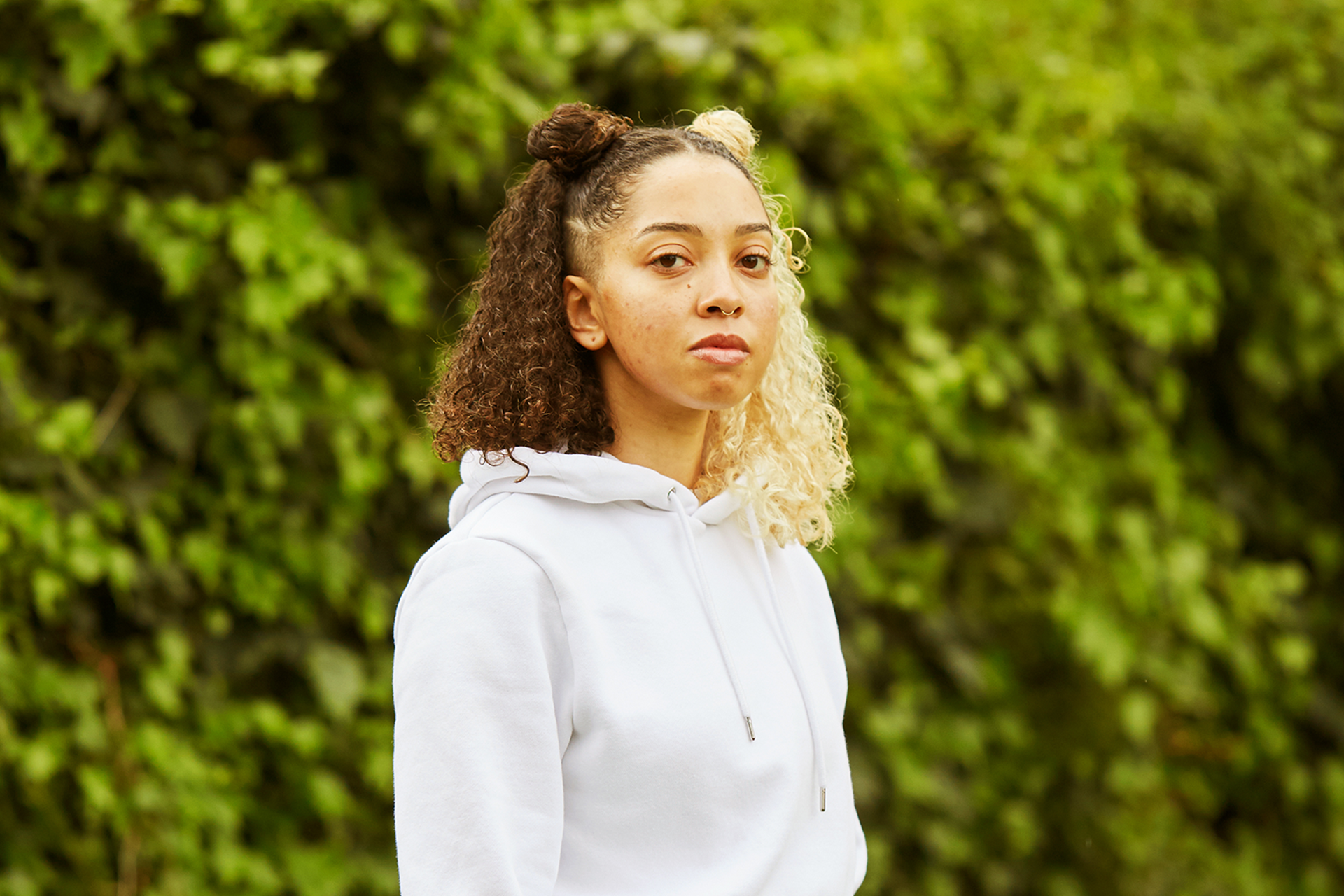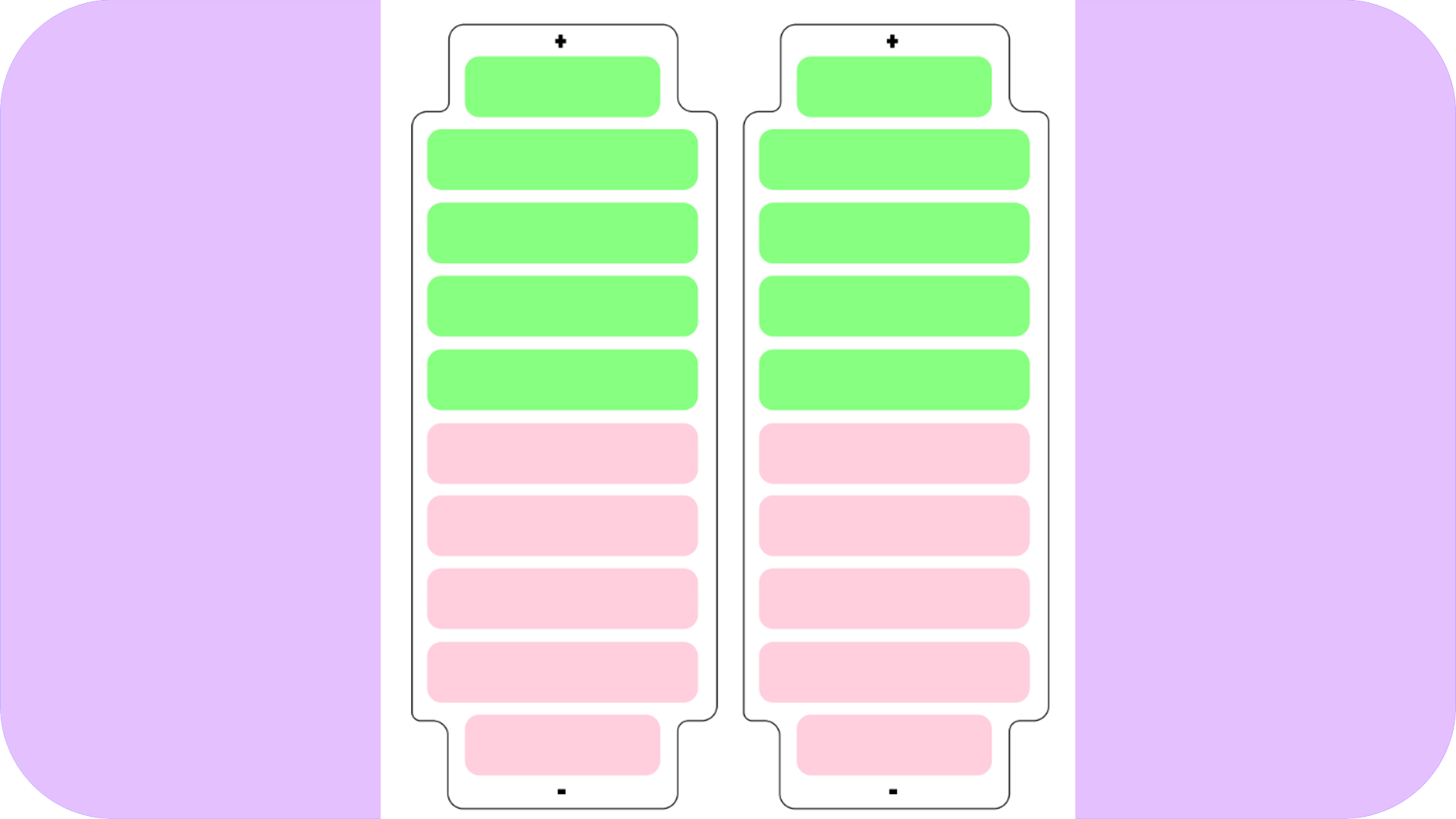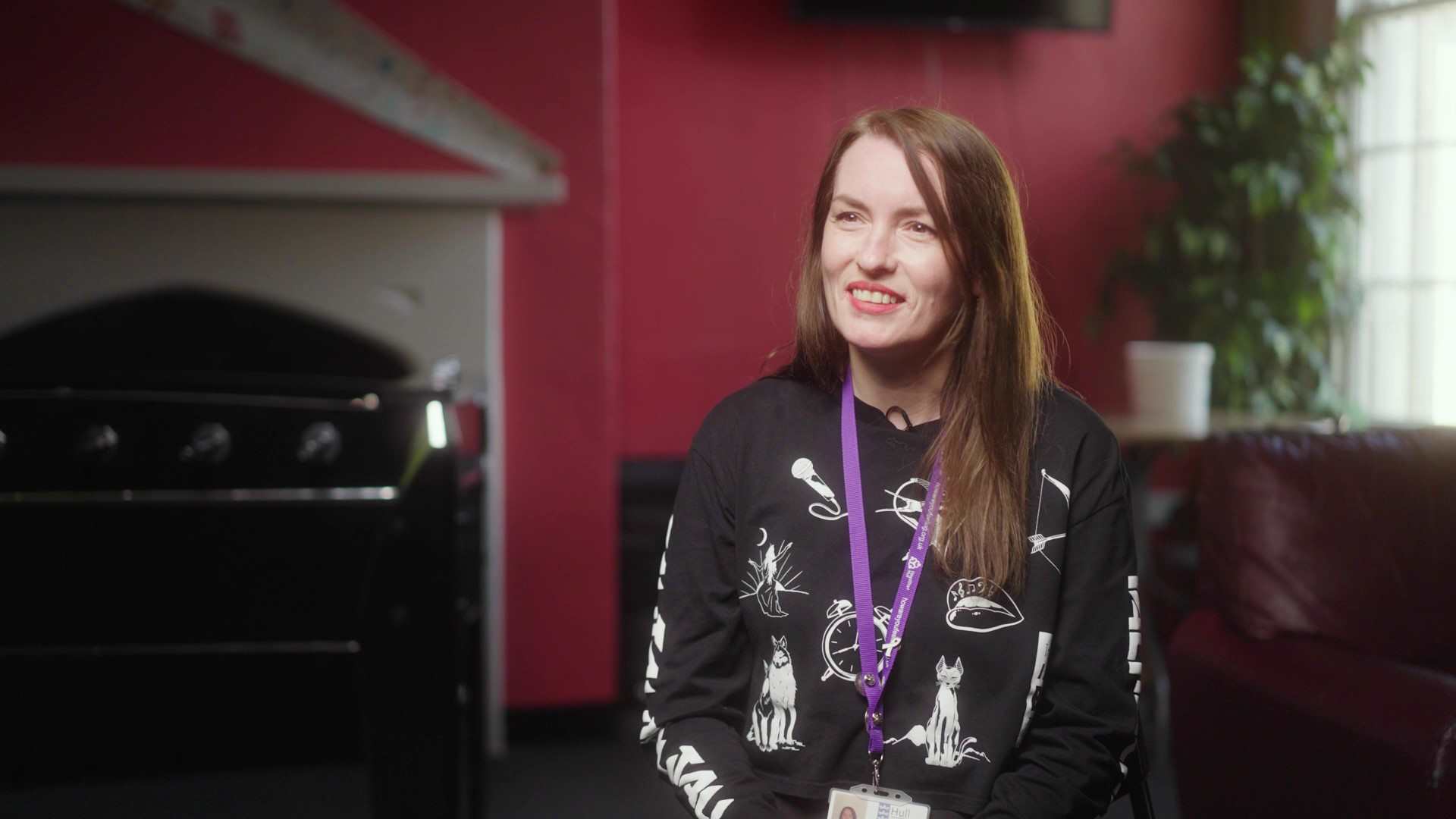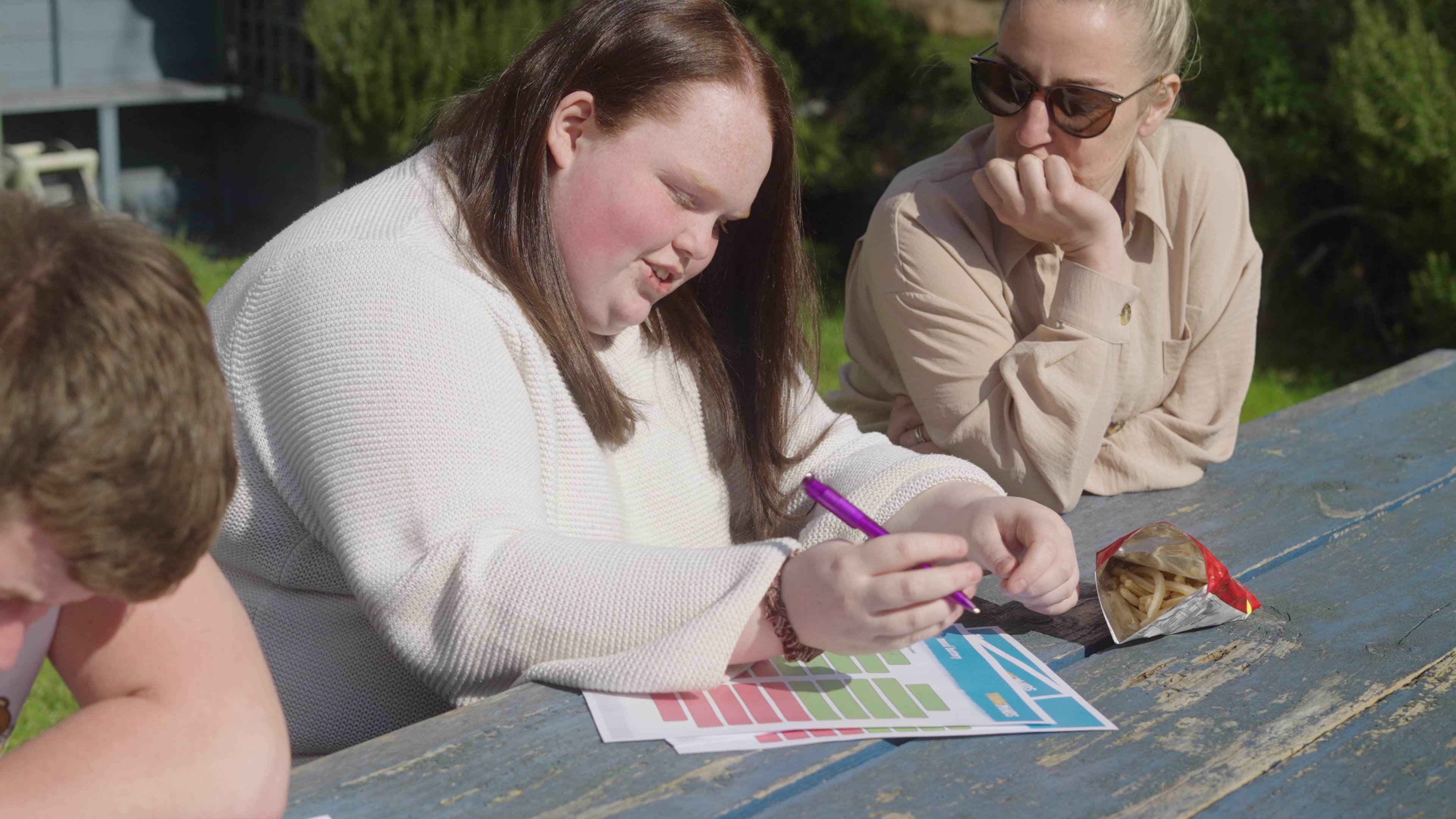
- For:
- Community support,
- Youth workers,
- Schools
Designed by Clair Atherton and used by young volunteers at HeadStart Hull, the mood battery resource supports children and young people to express their feelings and manage their emotions.

The mood battery is a great resource to help young people express how their day is going. You can either work with the young person to guide them through how they found their day, or share the mood battery with them to complete in their own time.
By completing the mood battery, a young person can better understand what might be making them feel stressed, upset or angry, and how to balance that with things that make them feel relaxed and supported. It can be used one-to-one or in groups.
Document type: PDF
Document size: <1MB

Clair has been the Young People’s Participation and Co-Production Officer at HeadStart Hull for 6 years and her role is to ensure young people are active partners in helping to shape and evaluate services that affect young people in the city. Like many of us Clair’s office moved home during the first COVID-19 lockdown.
During this time, Clair found it challenging to manage her ADHD and express what she was feeling with her partner. To help with this, she developed the mood battery.

The mood battery is made up of red (symbolising stressors) and green (de-stressors). Using this tool Clair was able to write down all the good and bad things that influenced her day, and then order them to create a visual representation of how her day had gone.
The battery hung outside her office door and became a sign of how Clair was doing during the day, helping her better communicate her mental wellbeing with her partner.
Clair found herself using the tool in a conversation with one of her young volunteers, who then asked if he could share it with their virtual ‘Self-Love’ group which had been set up for lockdown. From there the mood battery was quickly picked up by other young people in the group and now it is regularly used on a one-to-one basis, or at the beginning of group sessions to open up conversations about mental health.
The mood battery provides a practical way to express how the day is going. This video explains more about the resource, how it helps support children and young people, and how to use it in your community.
Whether you love the page or think something is missing, we appreciate your feedback. It all helps us to support more young people with their mental health.
Please be aware that this form isn’t a mental health support service. If you or a young person you work with is in crisis right now and wants to talk to someone urgently, find out who to contact on our urgent help page.
At YoungMinds we take your privacy seriously. If you’d like to read more about how we keep the information we collect safe, take a look at our privacy policy.